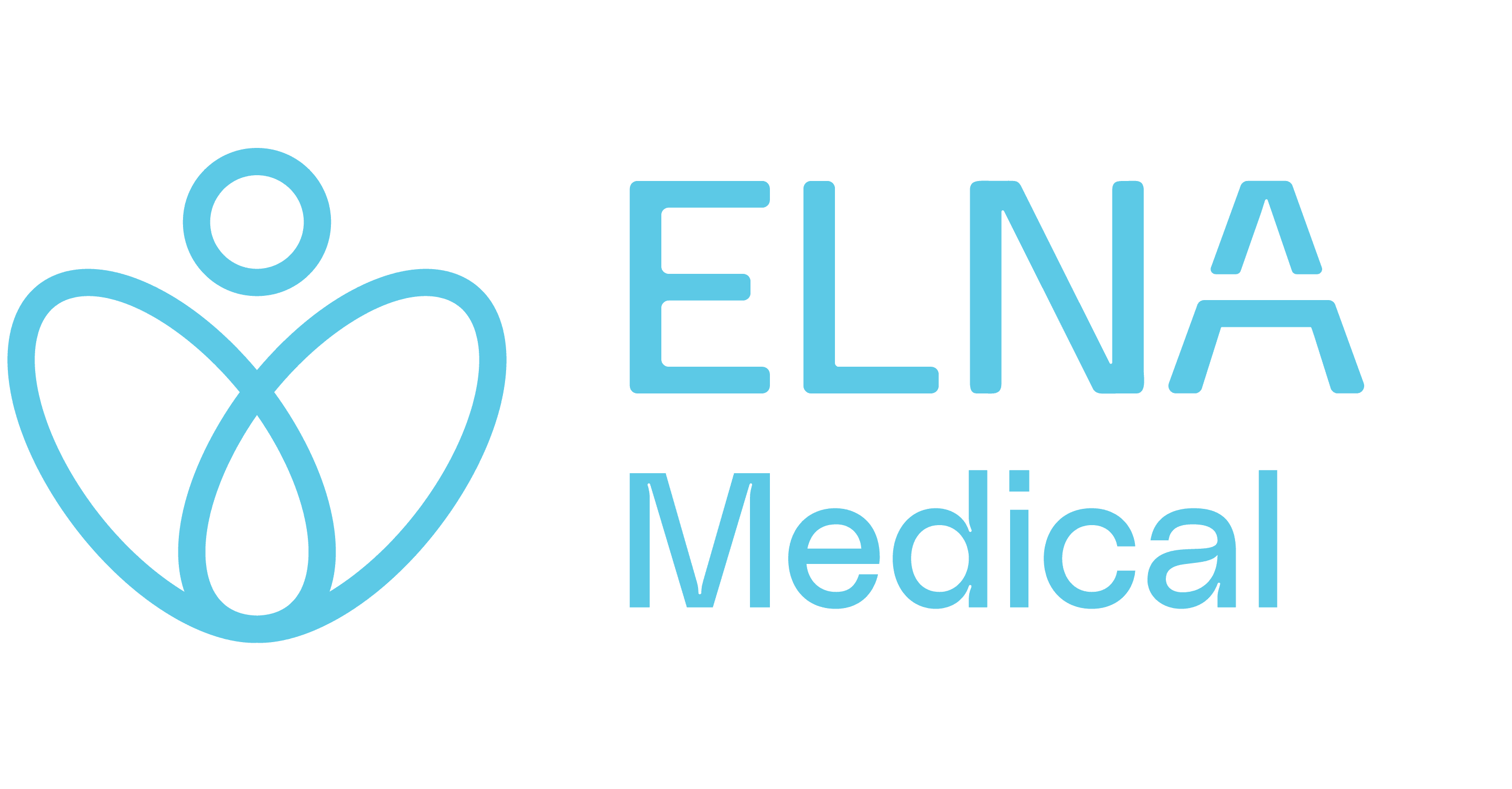The key to surviving a heart attack is getting medical help early – nearly half of all deaths due to heart attack occur within 2 hours of the beginning of symptoms.
Keep in mind that not everyone experiences the same heart attack symptoms to the same degree – some older people and women can experience less obvious symptoms. Some heart attacks come on suddenly, but the vast majority start with mild chest pain and discomfort. Some people experiencing a heart attack are not sure they are having one and may think it’s only heartburn or indigestion. This may result in not seeking medical attention promptly.
Therefore, it’s critical to be familiar with and recognize heart attack symptoms, and to take them seriously.
The following are heart attack warning symptoms:
- pain or discomfort in the chest, shoulder, arm, back, neck, or jaw that does not go away with rest (in women, discomfort is more common than pain)
- pressure, heaviness, fullness, burning, or squeezing in the chest
- shortness of breath
- nausea and/or vomiting
- sweating, or cool and clammy skin
- anxiety or fear
- light-headedness or sudden dizziness
Women are more likely to feel some discomfort in the chest rather than a sharp pain or tightness. The milder symptoms do not mean that a woman’s heart attack is any less severe than a man’s. Any symptoms of a heart attack should be taken seriously.
If you experience these warning symptoms, the Heart and Stroke Foundation suggests doing the following things:
- Call 9-1-1.
- Stop all activity and rest (sit or lie down).
- If you are taking nitroglycerin, take your usual dose.
- If the 9-1-1 operator advises it, and you are not allergic to ASA, chew and swallow one 325 mg ASA tablet or two 81 mg tablets.
- Rest and wait for Emergency Medical Services (EMS).
- Keep a list of the medications that you take on the fridge and in your wallet. EMS will want this information during your care.
Acting promptly may save your life!
All material copyright MediResource Inc. 1996 – 2023. Terms and conditions of use. The contents herein are for informational purposes only. Always seek the advice of your physician or other qualified health provider with any questions you may have regarding a medical condition. Source: www.medbroadcast.com/healthfeature/gethealthfeature/Heart-Health

Need a cardiology consultation? We are currently accepting new patients. We pride ourselves on our innovation and commitment to providing quality care, including access to cardiology consultations and the following exams: transthoracic echocardiography, stress echocardiography, ambulatory blood pressure monitoring (ABPM), cardiac monitor (HOLTER, 24H) and cardiomemo monitoring. Cardiology consultations are covered by RAMQ.














